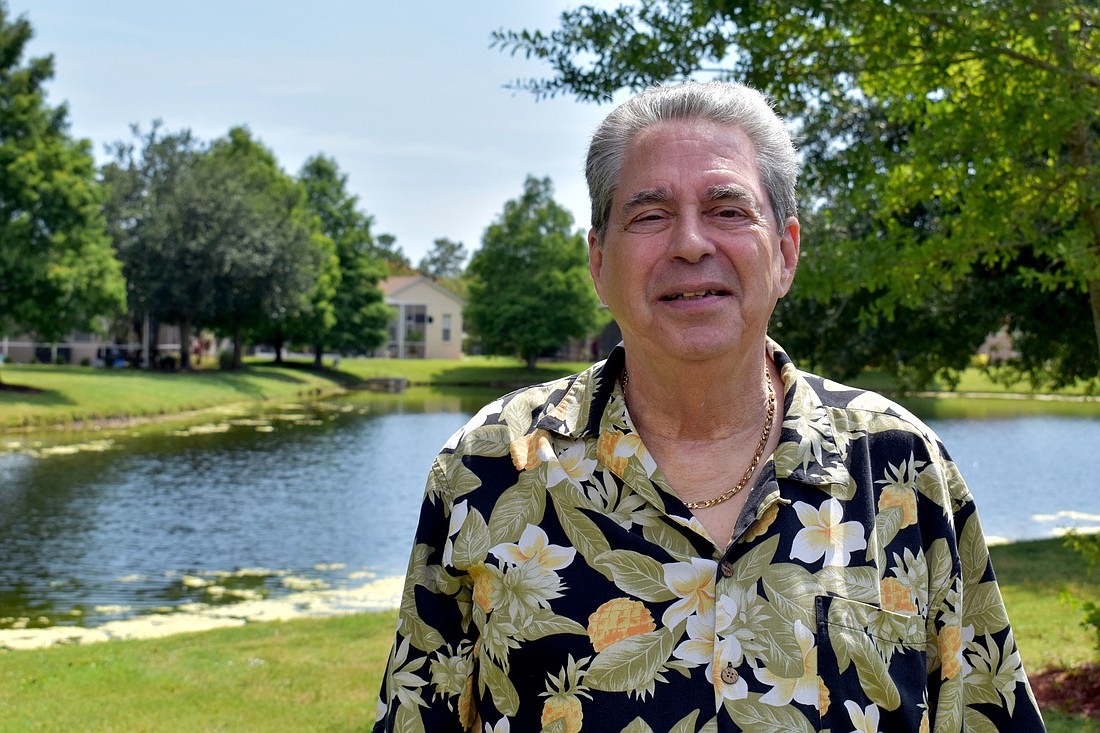- November 23, 2024
-
-
Loading

Loading

The Lakewood Ranch resident was a medic in the navy and Fleet Marine Force. He was stationed in the Philippines and North Vietnam from 1966 to 1970. His time in the service opened his eyes to the freedoms Americans are afforded, and encouraged him to fight for those freedoms even while those he was fighting to protect were protesting against him.
“At the time, it was either go into the military or get drafted. I was in school and I didn’t want to get drafted. The Navy at least gave me the opportunity to finish one year of college. At that point in time there was no lottery."
"I was going to go in after I graduated college because I thought it’d be a good learning experience. What you learn in school is book learning, not the practical application. I was single, on my own, and I thought it would be something different to do, interesting, and of course, I wanted to serve my country."
"The right to protest, I think is important. I saw that right first-hand. At first, I was taken aback by it, but it wasn’t an all-volunteer service when I went in. Some people were drafted and some people enlisted on their own wanting to serve. From that standpoint, I thought people have the right to speak their mind."
"You really didn’t have time to think about it. When you’re there you just want to stay alive. I saw some [backlash] if I was traveling around in uniform. In fact, I was in an airport and I didn’t have any other clothes and people would call you names and spit at you, that hurt. That definitely takes its toll, but it was a different time, different place … Would I do it again? I would."
"Not having the opportunity for these people to have medical access, from my point of view, was astronomical. I don’t know how they ever survived. They didn’t know what penicillin was, and it cured everything. Even if they looked sick, you gave them a shot of penicillin and if you went back there in a few days they looked like a new person."
"I think that’s the realism of war — you know what you’re fighting for because you know what you have. You sit there and say, ‘Gee, I never really thought about it. It’s just something that’s there. I was born there [in America]. I have all these freedoms. I can do what I want, go where I want.’ When you see these people that don’t have them and never had them, you start to realize how good you have it."
"If they see what they’re missing, and that’s what they want, then they really fight harder because they know what freedom is about because they see us. That’s what they want, they want the freedoms we have, which made me want to keep those freedoms for the people at home."